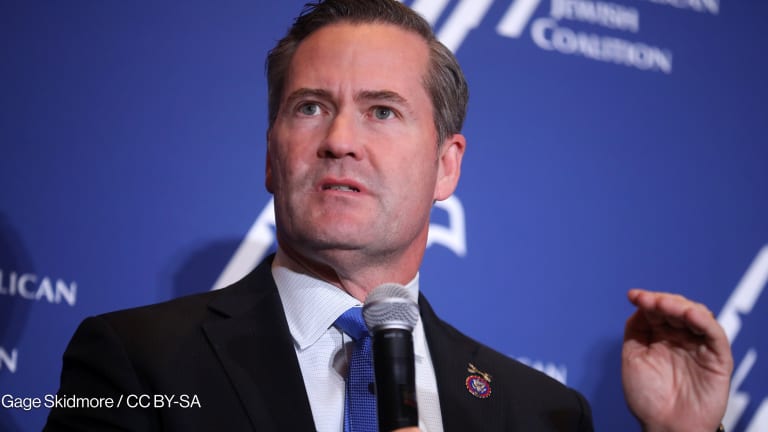
World Humanitarian Day shines a grim spotlight on aid worker security, NGOs and development donors in Nicaragua attempt to weather the storm, and the World Bank dives into blockchain. This week in development:
The World Bank’s first-ever blockchain bond is set to launch with the help of an Australian bank that has been hired to manage it. While details about the arrangement are still emerging, the new debt instrument will be the first bond ever “created, allocated, transferred and managed through its life cycle using distributed ledger technology,” according to a bank press release. Its backers say that using blockchain has the potential to streamline the bond issuance and transaction process and improve transparency, and they say there is already significant interest among investors. “This pioneering bond is a milestone in our efforts to learn how we can advise our client countries on the opportunities and risk that disruptive technologies offer as we strive to achieve the Sustainable Development Goals,” World Bank Group Chief Information Officer Denis Robitaille said in the release. Among blockchain and cryptocurrency enthusiasts, the World Bank’s announcement represents a major endorsement of the distributed ledger technology.
The United Nations’ relief and development organization for Palestinians — UNRWA — is expected to announce soon whether it will have to delay the opening of its primary schools due to funding cuts by the Trump administration. UNRWA’s schools educate half a million children in Gaza and the West Bank. The agency is the second-largest employer in Gaza, behind only the Palestinian Authority. “The biggest challenge we faced this year is the uncertainty, the lack of preparedness we had for this unanticipated decision by the U.S. So it has thrown our planning, operations, and priorities and focus into an area we had not anticipated,” said Elizabeth Campbell, director of UNRWA’s Washington, D.C., office. In January, the U.S. informed the agency that it planned to reduce its funding by 83 percent — a $300 million cut that forced UNRWA to lay off hundreds of teachers. Those layoffs led to protests in July, which Campbell described as “a small indication of what can happen if the larger parts of programs are not there.”
The most dangerous countries for aid workers are not getting any safer, according to the latest Aid Worker Security Report, which released key findings ahead of World Humanitarian Day on Aug. 19. In 2017, for the third consecutive year, South Sudan registered the greatest number of attacks against aid workers, 46 out of a total of 158 major incidents counted in the report. One recent, troubling trend in the country is the rise of aid worker kidnappings, a tactic rarely encountered just a few years ago, according to Rehana Zawar, South Sudan country director at the Norwegian Refugee Council, and something that could indicate an effort by armed groups to “assert control over aid operations.” Care International analyzed even more recent figures from the Aid Worker Security Database, and raised alarms this week that 2018 has been an especially deadly year for humanitarians working in Syria, with 76 aid workers reportedly killed since January.
Nicaraguan NGOs and human rights organizations are facing the brunt of a deadly government crackdown against protestors and a broader effort to silence dissenting voices. “Several staff in the office have had to move their homes and go into safe houses because of real or perceived threats to them or their families,” one NGO representative told Devex. In addition to lashing out at local critics, President Daniel Ortega has targeted the U.S. Agency for International Development, blaming the U.S. government’s development operation for attempting to destabilize the country. Among USAID’s implementing partners, there is considerable uncertainty about the agency’s future in the Central American country. “We know that the operation of USAID is in bad condition, but [as of] now we don’t have a clear sign that they want to go or they want to leave right now. I don’t know [about] next month,” one of them said.








